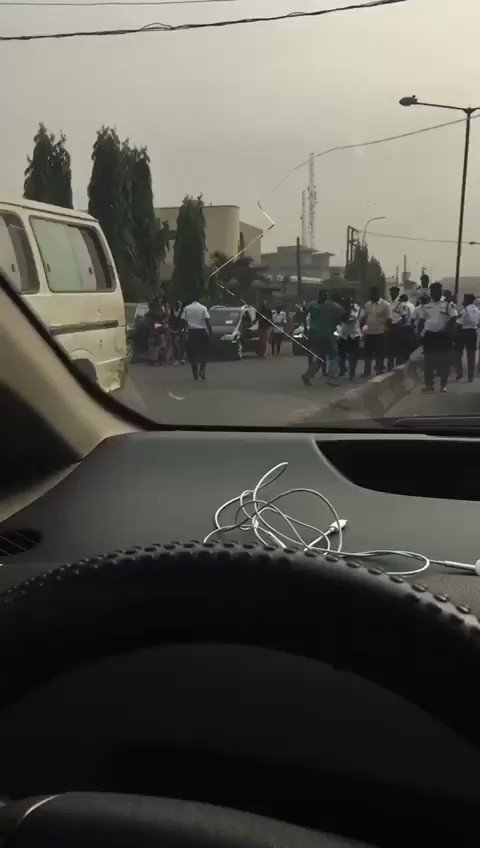Uber, Taxify and other ride-hailing companies in Lagos state may have to start paying over N10 million naira to the state government, according to proposed regulations by the state.
The new regulations follow the crackdown on drivers of ride-hailing companies by the state government in the last couple of weeks.
The crackdown which resulted in the impounding of vehicles belonging to several Uber drivers was reported because the drivers didn’t have hackney permits and Lagos State Drivers’ Institute (LASDRI) certification.
Uber, Bolt to pay over N10 Million
When the new regulation comes into effect, ride-hailing companies with third party operators like Uber and Bolt will be mandated to pay an initial licence fee of N10 million or N25 Million if they have more than 1000 drivers.
However, for subsequent years the ride-hailing companies will pay an annual renewal fee of N5 million or N10 million if they have over 1000 drivers.

For transport companies that own their own branded cars with employed drivers, the regulation mandates them to pay N5million. However, if their drivers exceed 50, they would be required to pay N10 million.
LASDRI cards, hackney permits and badges for drivers
This new regulation also provides that drivers on ride-hailing platforms like Uber and Bolt will be required to have LASDRI cards as well as a drivers badge to operate in the state. The badge will be issued by the department of public transport and commuter services of the state ministry of transport.
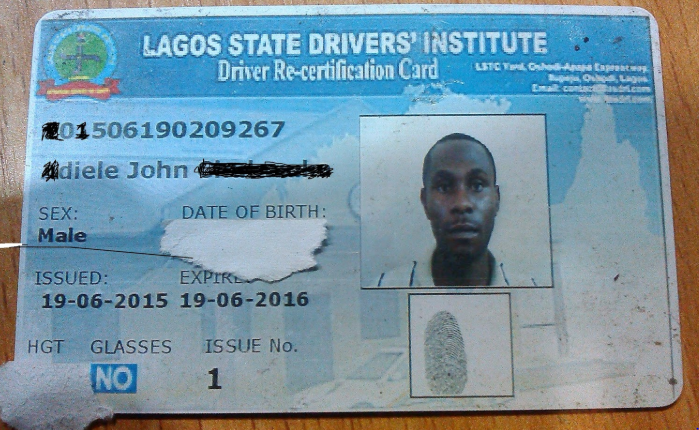
Also, the cars onboarded on Uber, Bolt and other ride-hailing must now have hackney permits which cost as much as N15,000. They would also be required to operate with tags issued by Lagos State Motor Vehicle Administration Agency.
The new regulation is to come into effect on the first of March 1, 2020.
Lagos State to earn 10% for each trip
Under the new regulation, the state government will earn 10% the fare of each trip. This means that for a trip of N5000 the government will receive N500.
This 10% tax on each trip could be the government’s method of taking a share of the booming ride-hailing business in the state. It is expected that this, somehow, will come at the expense of the drivers as ride-hailing companies like Uber already have between 20-30% the cost per trip.
However, president of the National Union of Professional E-Hailing Driver-Partners (NUPeDP), Ayoade Ibrahim expressed confidence that the government’s 10% won’t be the drivers’ burden to bear. The chairman expressed regret that car-hailing companies have failed to recognise the union and as such, can’t work hand in hand with them.
“App (taxi-hailing) companies believe they don’t need to recognize driver partners and the National Union of Professional e-hailing Driver partners An Affiliate of Trade Union Congress Of Nigeria,” Ayoade told TechNext.
“If they recognise the union by now we would have fought for them. They cannot lower driver partners incomes because app companies believe they don’t need us.”
Drivers negotiating with government
Mr Ayoade confirmed to TechNext that his union is having its separate negotiation with the government. This is understandable since Uber and Taxify have never treated their drivers as part of them, insisting that they are merely contractors. As such, the drivers have always operated independently.
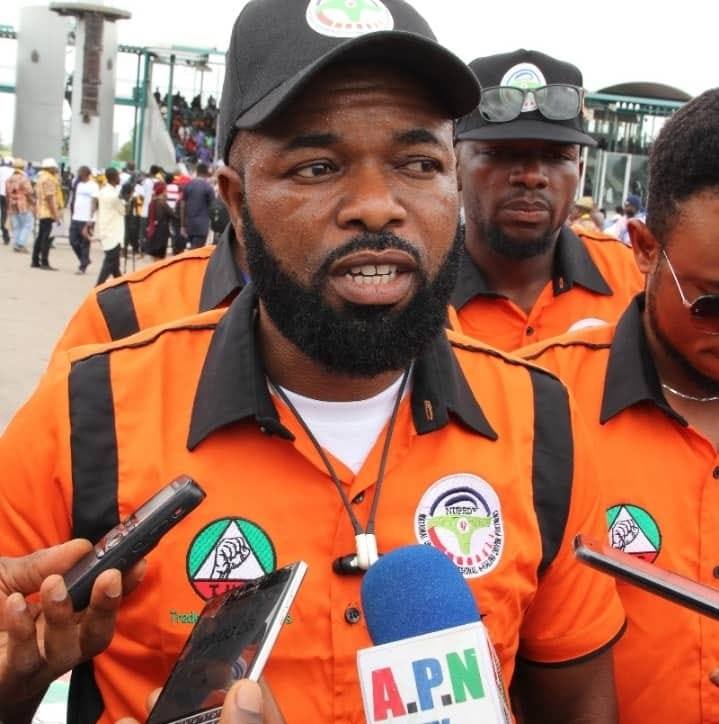
The chairman explained that drivers don’t have many of the documents required by the government. As such, they want a regulation that would be fair on them.
We’re negotiating with government and we will prove to them why we cannot have those documents. This is gig economy and we are gig workers. What we need is fair regulations that is commiserate with our incomes. We have forwarded our ideas to government on what they are supposed to do.
Comrade Ayoade Ibrahim, Chairman of NUPeDP
Asked what specific ideas the union forwarded to the government, he said for now he can’t give out that information because it is still “subject to ratification.” He however assured us that the ideas, if implemented, will be great for the taxi-hailing companies, the drivers and of course, government.
Asked whether the government gave them any form of guideline or process for obtaining the said documents and tags, he said it didn’t. He however expressed his belief that this is a step in the right direction if all parties involved do the right thing.
Uber, Taxify, other operators in negotiation with government
While reports claim the government discussed the licensing fee with about 20 operators, the spokesperson of the Ministry of Transport, Bolanle Ogunlana said the state has not yet instructed any operator to pay license fees.
She, however, confirmed that the government and operators were negotiating on the operational guidelines for ride-hailing and Transportation in the state.
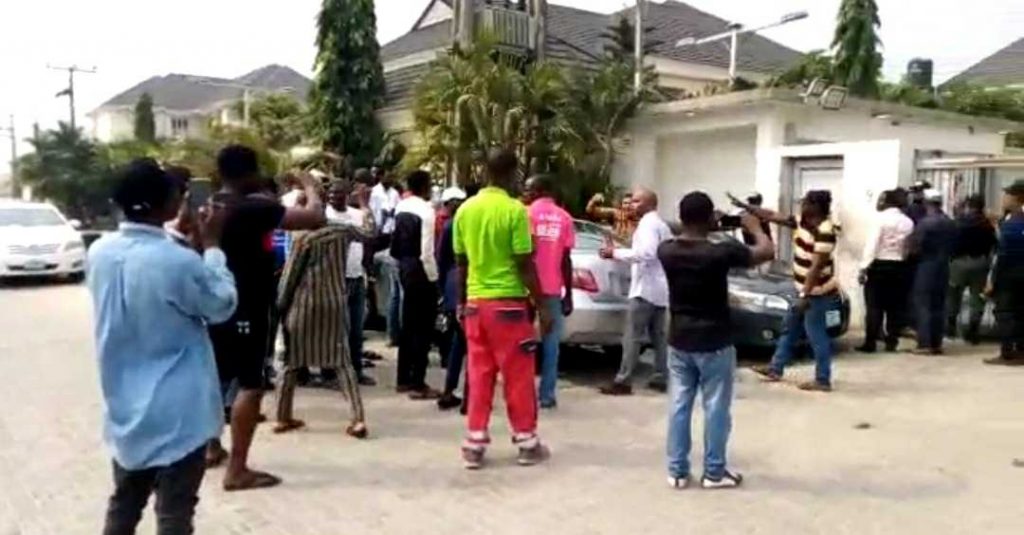
Also, Bolt, has disclosed in a message to its drivers that they are in discussion with the Lagos state government.
“Discussions with the Lagos State Ministry of Transport, are still ongoing and we would continue to work with relevant stakeholders to build a strong ride-hailing with your welfare at heart,”
Bolt message to its Drivers
Guardian reports that implementation was scheduled to commence on the 1st of March even though the minister claims they are only in the negotiation stage.
Implementing the regulations
Due to recent developments in regulations, drivers on Uber and Bolt platforms have reportedly received messages concerning the new regulations.
A driver on Uber platform, Sunday Faleye said the company sent a message for him to update his profile with copies of his hackney permits and LASDRI licenses.
Uber has also reportedly listed “valid Hackney permit” as one of the criteria for enrolling new vehicles on its platform.
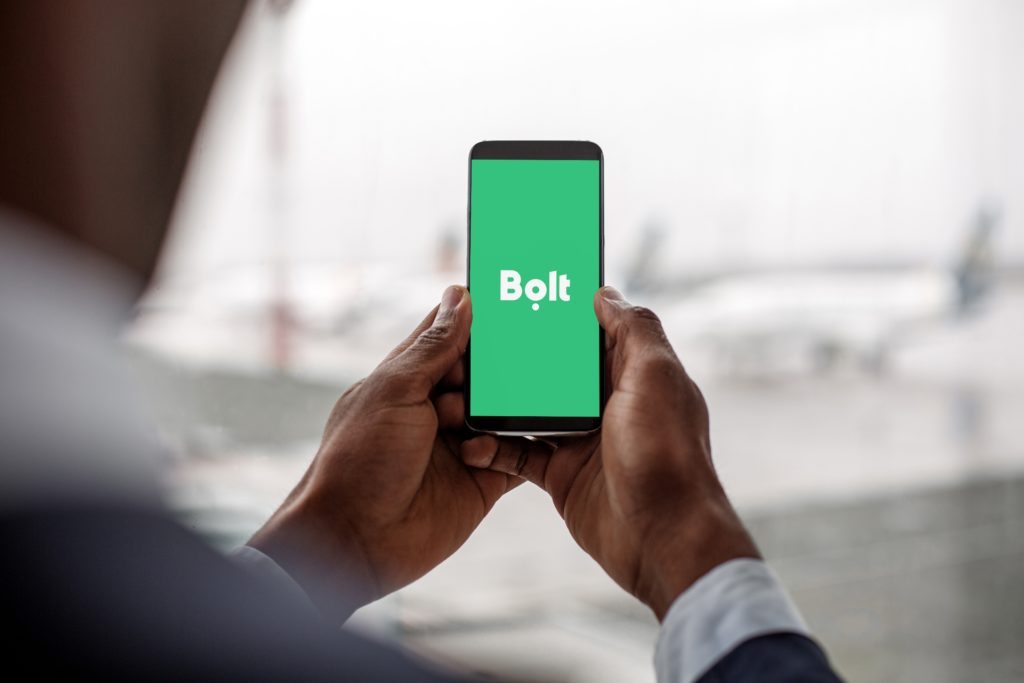
Bolt, on its part, assured their drivers it is engaging the government to ensure that any new regulation is implemented efficiently.
